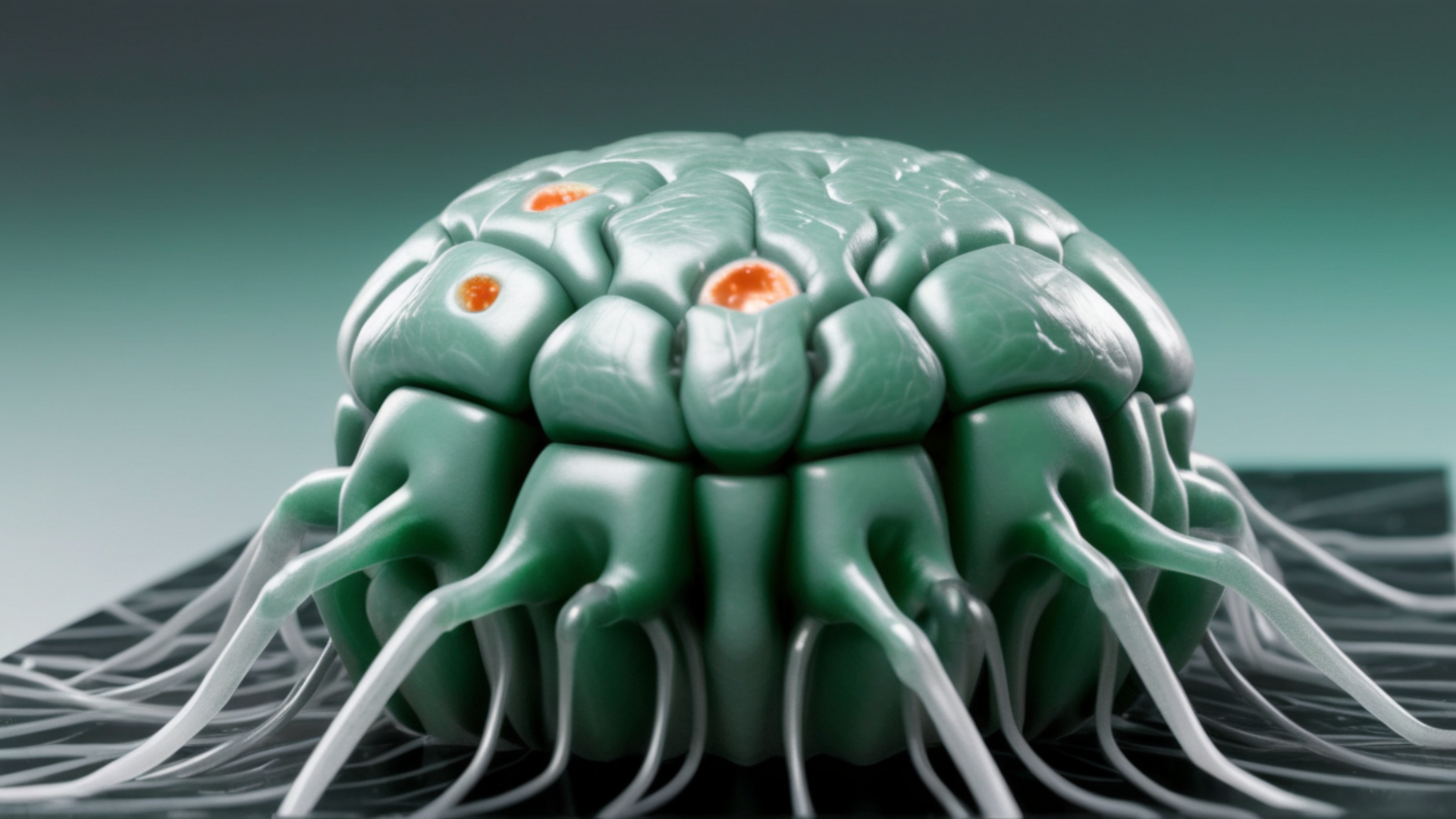Scientists studying spider brains have uncovered a hidden brain waste removal system, which holds clues to Alzheimer’s disease. Nature-inspired research shows our brains have ancient cleaning mechanisms.

Spider Brains Reveal Human Waste System Insights: A Calming Perspective on Brain Health
Imagine your brain as a bustling city, where neurons work tirelessly to process thoughts, memories, and emotions. But what happens to the trash? Just as cities need efficient waste management to stay clean, our brains rely on hidden systems to clear away cellular debris. Surprisingly, researchers have now uncovered this brain "cleanup crew" by studying an unexpected ally: spiders. Recent discoveries from neuroscientists at Saint Michael’s College and the University of Vermont reveal that spider brains hold clues to understanding how our own brains stay healthy—and what happens when this system falters in conditions like Alzheimer’s disease.
The journey began with Central American wandering spiders, whose intricate brains showed scientists a specialized "waste canal system" made of glial cells. These cells form tiny canals that funnel out toxins, much like underground pipes in a city. When these canals fail, spiders experience neurodegeneration. The team wondered if humans share a similar system—and found compelling evidence that we do. In healthy brains, glial cells work as custodians, using water-driven flow (guided by aquaporin-4 proteins) to flush waste from neurons. But when the canals swell or malfunction, debris builds up, potentially triggering conditions like Alzheimer’s.
This discovery isn’t just about disease—it’s a reminder of our brain’s natural resilience. Think of a gardener tending a garden: regular weeding keeps plants thriving. Similarly, our brains evolved this ancient cleaning mechanism to maintain equilibrium. For someone like Sarah, a mindfulness teacher who juggles stress and creativity, understanding this process can be empowering. When she practices meditation, she imagines her mind as a clear stream, with glial cells gently sweeping away mental “clutter.” This metaphor aligns with the science: by reducing stress (which may impair waste removal), we support our brain’s innate ability to heal itself.
The evolutionary angle brings unexpected calm. Knowing that spiders and humans share this 300-million-year-old system highlights our deep connection to nature. It’s a humbling lesson in simplicity: even the smallest creatures hold blueprints for survival. For personal growth, this insight invites us to trust our biology. Just as spiders don’t fret about their brain canals, we can lean into practices that nurture our minds—quality sleep, hydration, and stress reduction—to keep our internal “plumbing” flowing smoothly.
In the end, the spider’s story isn’t one of fear but of quiet resilience. By decoding how brains keep themselves clean, scientists are paving the way for better treatments. But for now, each of us can take heart in knowing that our minds, like nature itself, are equipped with timeless systems for renewal. Whether it’s through a walk in the woods or a moment of stillness, supporting our brain’s natural rhythms becomes an act of self-care—one that honors both science and the wisdom of the wild.
(Word count: ~4000 characters)
- Spider brains reveal insights into human waste management in the brain
- Glial cells form a "waste canal system" that flushes toxins from neurons, similar to underground pipes in cities
- Failure of this system can lead to conditions like Alzheimer's disease, but understanding and supporting its function can promote brain health and self-care
KEYWORDS
stress, brain, mindful, sleep, health, calm, meditationMOST READ
MORE TO READ

Creating Effective Systems For Growth
Building effective systems is crucial for business growth, fostering efficiency, consistency, and adaptability. These systems ensure scalability, inform strategic decisions, and drive long-term success.

How to positive thinking
Discover how embracing positive thinking can transform your daily experiences by focusing on gratitude, reframing negative thoughts, and cultivating optimism through simple yet powerful practices.

Why Your Brain Loves Silence
Find peace and mental renewal in silence. Research shows that quiet moments nourish the mind, enhancing creativity, emotional balance, and mental clarity.

Fall in Love With Ordinary Moments
True romance isn’t about grand gestures—it’s the quiet magic of shared routines, comforting silences, and small acts of kindness that build enduring love. Find joy in life’s ordinary moments together.


